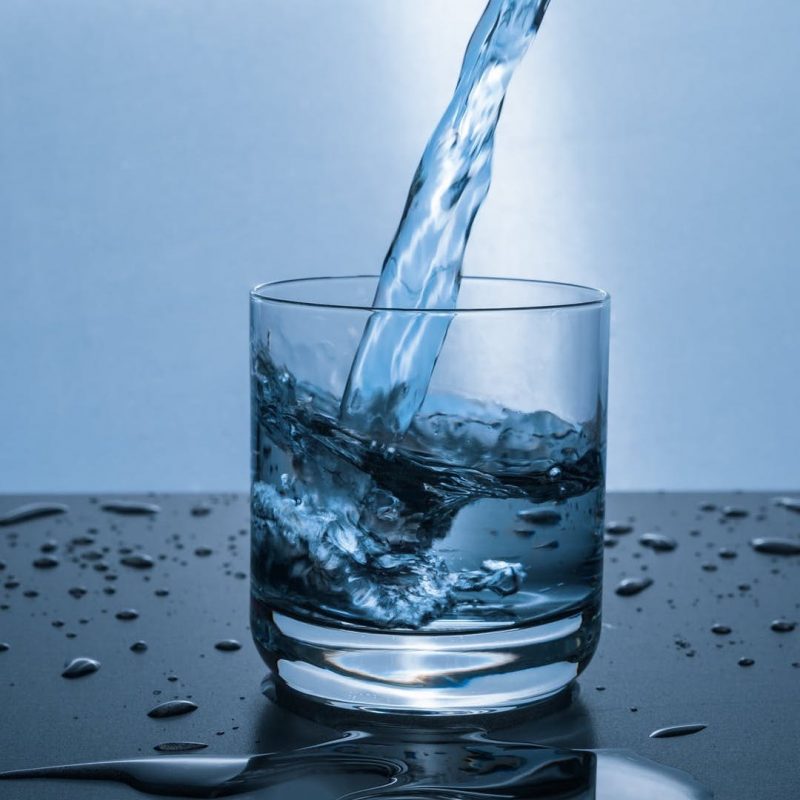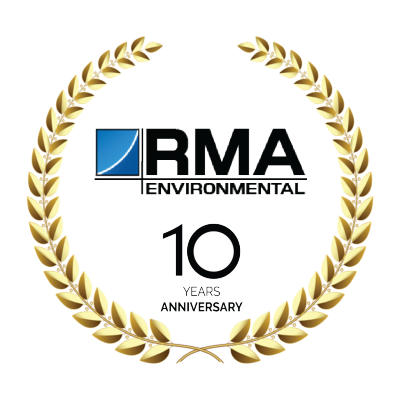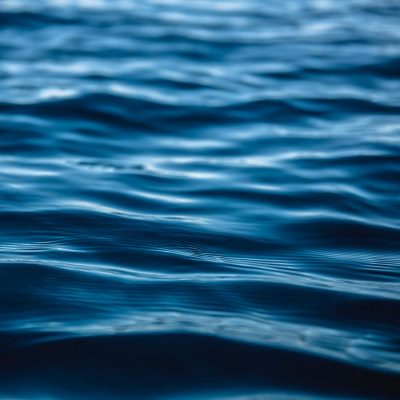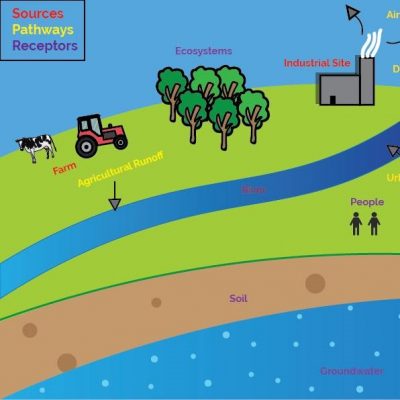Population growth and climate change will lead to drinking water supply shortages by 2050 unless action is taken to reduce water use and wastage, according to a recent study on water resources by the Environment Agency.
Freshwater is currently being extracted at unsustainable levels from rivers, lakes, reservoirs and groundwater. In England 9,500 billion litres of freshwater were taken from these sources in 2016 and approximately 1,095 billion litres of this was lost through leakage in the water supply network.
The study estimates that 28% of groundwater bodies and 18% of surface water sources are being extracted at an unsustainable level. Stress on water resources is projected to increase by 2050, with the population of England set to rise and climate change altering the rainfall patterns needed to sustain river and groundwater supplies.
In England, the average person uses 140 litres of water a day and it is hoped that over the next 25 years this could be reduced to 100 litres per day through household level water-saving measures. Further mitigation could include reducing water leakage in the water supply network by half and the creation of a National Water Network to move resources throughout the country to areas where supply is needed. It is also thought that the increased use of nuclear power and renewable energy for electricity generation could contribute towards lower water abstraction by 2050.
More information is available at http://www.bbc.co.uk/news/science-environment-44215418 and https://www.gov.uk/government/publications/state-of-the-environment.
At RMA we provide a range of environmental water quality services – Find out more





